Algebra 1 Fundamentals: A Guide for Students and Teachers
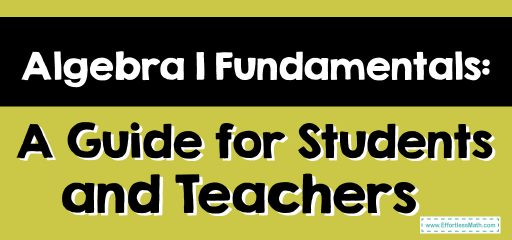
Another important aspect of Algebra 1 is preparing students for future mathematical courses, such as Geometry and Algebra 2. Algebra 1 provides a foundation for these courses and builds upon the mathematical concepts and skills that students have learned in earlier grades.
Overall, Algebra 1 is a crucial course for students who are interested in pursuing further studies in mathematics, science, engineering, or technology. It is also a valuable course for students who want to develop their critical thinking and problem-solving skills, which are in high demand in many industries and careers.
What is the difference between Algebra 1 and 2?
Algebra 1 and Algebra 2 are two high school mathematics courses that build upon each other and cover different topics.
Algebra 1 is the foundation for Algebra 2 and focuses on the basics of algebraic equations, expressions, and functions.
Algebra 2 builds upon this foundation and covers more advanced topics, including advanced algebraic techniques, trigonometry, and mathematical modeling.
The main difference between Algebra 1 and Algebra 2 is the level of difficulty and the topics covered. Algebra 1 focuses on linear equations, graphing, and solving simple algebraic equations. In contrast, Algebra 2 introduces more advanced algebraic concepts, such as polynomials, exponential and logarithmic functions, and trigonometry. Algebra 2 also covers more complex methods of solving equations, such as factoring, the quadratic formula, and complex numbers.
Another difference between the two courses is the focus on real-world applications. While both courses include real-world examples and applications, Algebra 2 places a stronger emphasis on using mathematical modeling to solve real-world problems.
In conclusion, the fundamentals of Algebra 1 are crucial for success in mathematics. Whether you’re a student or a teacher, understanding the key topics and concepts outlined above is the first step towards mastering Algebra 1. By incorporating these concepts into your studies and teaching, you’ll be well on your way to success in mathematics.
The Best Books to Ace the Algebra I Test
Related to This Article
More math articles
- Top 10 3rd Grade PARCC Math Practice Questions
- 3rd Grade PSSA Math Worksheets: FREE & Printable
- How to Solve Systems of Linear Inequalities?
- How to Prepare for the SIFT Math Test?
- Top 10 Tips to Create the SAT Math Study Plan
- 6th Grade WVGSA Math Worksheets: FREE & Printable
- Full-Length SAT Math Practice Test-Answers and Explanations
- How to Choose the Best Laptop for College?
- The Ultimate College Mathematics Course (+FREE Worksheets & Tests)
- GED Testing Accommodations and Support for Students with Disabilities
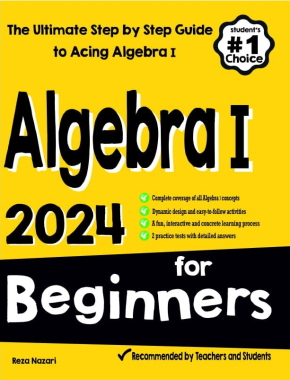
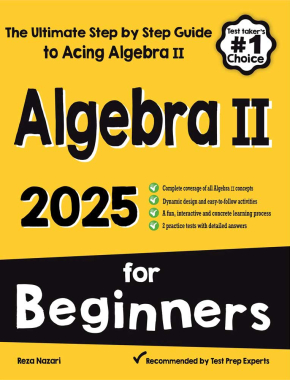
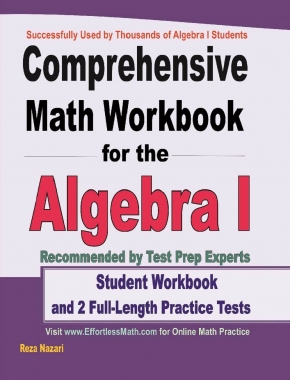
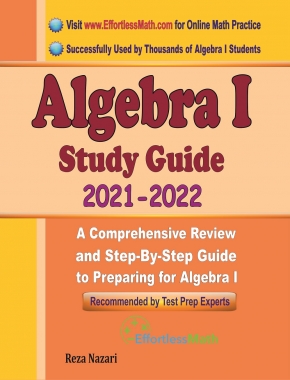
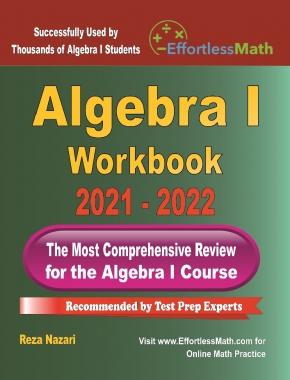
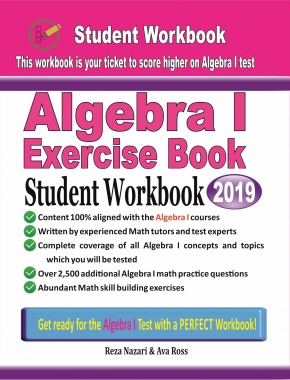

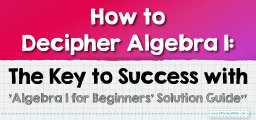


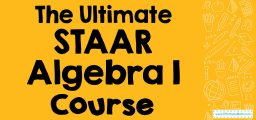

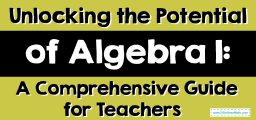


What people say about "Algebra 1 Fundamentals: A Guide for Students and Teachers - Effortless Math: We Help Students Learn to LOVE Mathematics"?
No one replied yet.